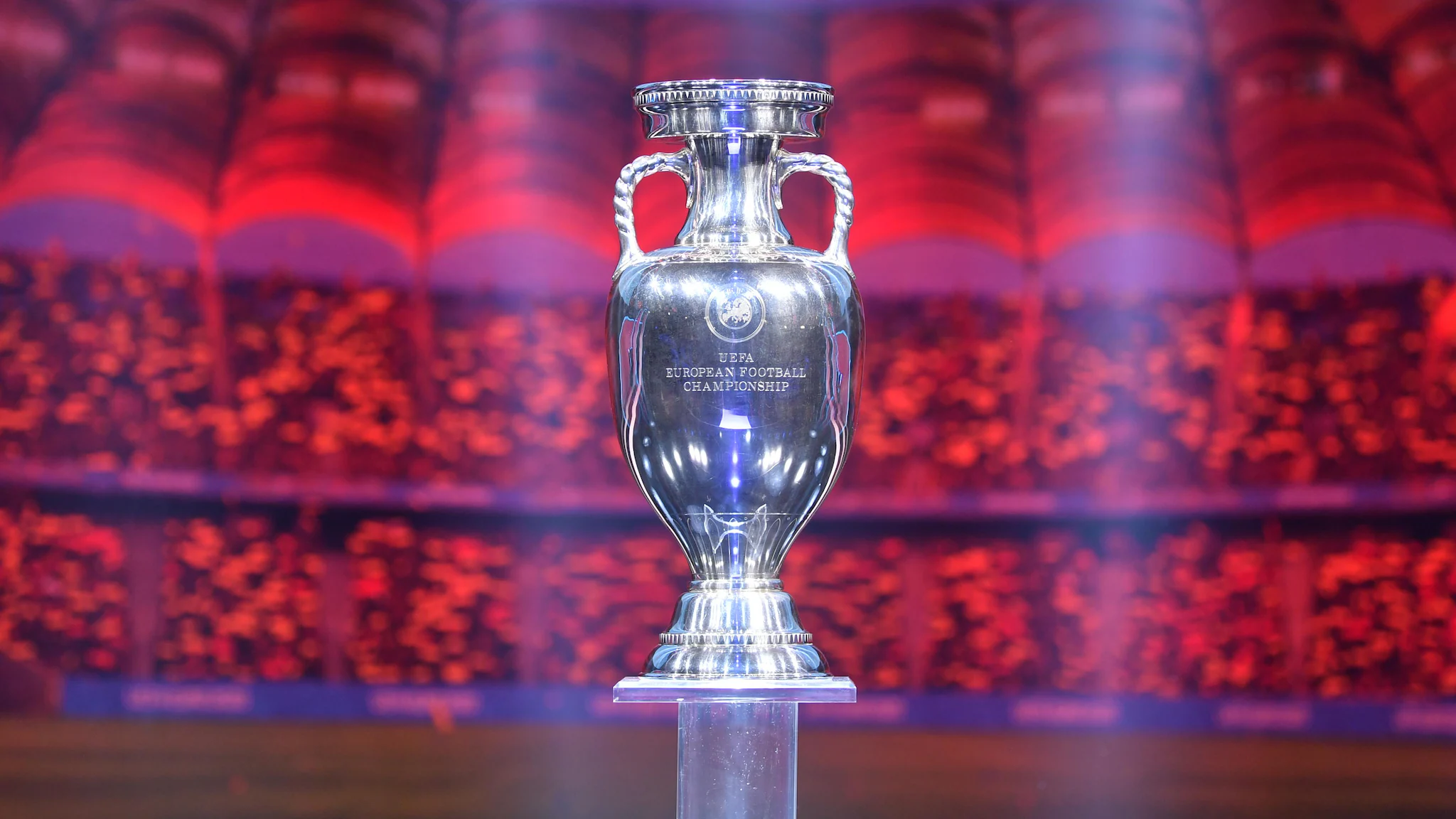- Get link
- X
- Other Apps
The UEFA European Championship: Celebrating Europe's Footballing Glory
The UEFA European Championship, commonly referred to as the Euro, is one of the most prestigious football tournaments in the world. Held every four years, it brings together the finest national teams from Europe to compete for continental supremacy. With a rich history dating back to 1960, the Euro has become a platform for thrilling matches, fierce rivalries, and memorable moments that have captivated football fans across the globe. In this article, we delve into the UEFA European Championship, exploring its significance, history, and impact on European football.
History:
The inception of the European Championship can be traced back to 1958 when the idea of a European football tournament was proposed. The first edition took place in 1960, with the Soviet Union emerging as the inaugural champions. Since then, the tournament has grown in stature, showcasing the immense talent and passion that exists within European football.
Format:
The Euro features a qualifying phase, during which national teams compete in a series of matches to secure a spot in the final tournament. The final tournament consists of 24 teams divided into six groups, followed by knockout rounds leading to the final. The host nations are selected through a bidding process, providing an opportunity to showcase their footballing culture and infrastructure.
Significance:
The UEFA European Championship holds immense significance for European nations and football fans. It is an opportunity for countries to display their footballing prowess, national pride, and unity. The tournament captures the imagination of millions, fostering a sense of belonging and camaraderie as fans come together to support their national teams.
Unforgettable Moments:
Over the years, the Euro has produced numerous unforgettable moments that have become part of footballing folklore. From Antonin Panenka's audacious penalty in 1976 to Marco van Basten's incredible volley in 1988, these moments epitomize the skill, creativity, and drama of European football. Each tournament has its own iconic matches and heroes, leaving an indelible mark on the tournament's legacy.
Rivalries:
The Euro is synonymous with intense rivalries that add a layer of excitement and anticipation to the tournament. Matches such as England vs. Germany, Italy vs. Spain, and France vs. Portugal ignite the passions of fans and create memorable encounters. These rivalries fuel the competitive spirit and produce some of the most thrilling matches in European football history.
Host Nations and Legacy:
Hosting the European Championship provides an opportunity for nations to showcase their culture, infrastructure, and hospitality. The tournament leaves a lasting legacy, with host cities benefiting from improved stadiums, transportation, and tourism. The Euro also stimulates local economies, creating jobs and generating revenue for businesses in the host countries.
Expansion:
In recent years, the European Championship has undergone expansion to accommodate more teams. The tournament expanded from 16 to 24 teams in 2016, allowing for greater participation and representation from across Europe. This expansion has provided smaller nations with the chance to compete against traditional powerhouses, further enhancing the inclusivity and diversity of the tournament.
Growth and Commercial Success:
The Euro has witnessed significant growth in terms of viewership, sponsorship, and commercial success. The tournament attracts millions of viewers globally, with fans eagerly following their favorite teams and players. Sponsors and advertisers recognize the Euro's reach and appeal, leading to lucrative partnerships that further elevate the tournament's profile.
Legacies beyond the Tournament:
The impact of the European Championship extends beyond the tournament itself. The success of national teams in the Euro often acts as a catalyst for further growth and development of football within their respective countries. It inspires a new generation of players, fosters grassroots initiatives, and contributes to the overall improvement of European football.
European Identity and Unity:
The Euro embodies the spirit of European unity, bringing together diverse nations in a celebration of football. It serves as a reminder of the commonalities that exist between nations, transcending political boundaries and fostering a sense of shared identity. The tournament promotes understanding, cultural exchange, and friendship among European countries.
Conclusion:
The UEFA European Championship holds a special place in the hearts of football fans across Europe and beyond. It represents the pinnacle of European football, showcasing the talent, passion, and diversity that exists within the continent. The Euro brings nations together, fuels rivalries, and produces moments of sheer joy and heartbreak. It embodies the unifying power of football, transcending differences and uniting fans in a collective celebration of the beautiful game.
As the UEFA European Championship continues to evolve, it will undoubtedly create more unforgettable moments, inspire future stars, and provide a platform for nations to showcase their footballing heritage. The tournament will remain a symbol of European footballing excellence, weaving together the rich tapestry of cultures, traditions, and sporting brilliance that define the continent.
- Get link
- X
- Other Apps

Comments
Post a Comment